Top AWS DevOps Interview Question & Answers
4.9 out of 5 based on 10478 votesLast updated on 28th Aug 2024 20.7K Views
- Bookmark

Both freshers and experienced professionals need to be thoroughly prepared for AWS DevOps interview questions.

Introduction
DevOps is a transformative approach that bridges the gap between development and operations teams, emphasizing collaboration, automation, and efficiency. As businesses increasingly adopt DevOps practices to accelerate software delivery and improve reliability, both freshers and experienced professionals must be well-prepared for AWS DevOps Interview Questions.
Understanding key concepts like CI/CD, Infrastructure as Code (IaC), containerization, and monitoring is essential for aspiring AWS Certified DevOps Engineer to demonstrate their expertise and secure a role in this dynamic field.
General AWS DevOps Interview Questions & Answers
Here are 10 common AWS interview questions for DevOps, along with brief answers, curated for professionals taking DevOps course online.
- What is DevOps?
DevOps is a culture and set of practices that aim to unify software development (Dev) and IT operations (Ops). It emphasizes collaboration, automation, and continuous integration/continuous deployment (CI/CD) to deliver software efficiently and reliably.
- Explain Continuous Integration (CI) and Continuous Deployment (CD).
CI is the practice of merging code changes into a shared repository frequently, with automated testing. CD extends CI by automatically deploying the validated code to production, ensuring faster and more reliable releases.
- What are microservices, and how do they relate to DevOps?
Microservices are a software architecture where applications are structured as a collection of loosely coupled services. In DevOps, microservices facilitate easier deployment, scaling, and maintenance, aligning with agile practices and continuous delivery.
- What is Infrastructure as Code (IaC)? (Important AWS and DevOps interview questions)
IaC is the practice of managing and provisioning computing infrastructure using machine-readable scripts, rather than manual processes. Tools like Terraform and AWS CloudFormation enable automated, consistent, and version-controlled infrastructure management.
- What tools are commonly used in DevOps?
Common DevOps tools include Jenkins (CI/CD), Docker (containerization), Kubernetes (orchestration), Git (version control), Ansible (configuration management), and Terraform (IaC).
- What is the role of a DevOps Engineer? (Important DevOps AWS interview questions)
A DevOps Engineer bridges the gap between development and operations, focusing on automation, CI/CD pipelines, infrastructure management, monitoring, and improving collaboration across teams to ensure efficient software delivery.
- How do containers support DevOps practices?
Containers encapsulate applications and their dependencies, ensuring consistency across environments. Tools like Docker streamline development, testing, and deployment, fostering faster and more reliable software delivery.
- What is the significance of monitoring and logging in DevOps?
Monitoring and logging are crucial for identifying issues, ensuring system reliability, and optimizing performance. Tools like Prometheus, Grafana, and ELK stack provide real-time insights and help in proactive issue resolution.
- How does version control contribute to DevOps?
Version control systems like Git enable teams to track code changes, collaborate efficiently, and maintain code history. It is fundamental to CI/CD pipelines, ensuring code stability and managing multiple development branches.
- What are some challenges in adopting DevOps?
Challenges include cultural resistance, lack of skilled personnel, toolchain integration, and ensuring security in automated pipelines. Overcoming these requires strong leadership, continuous learning, and iterative improvements.
Also Read These Posts:
AWS DevOps Interview Question & Answers For Freshers
Here are 5 AWS DevOps interview questions for freshers:
- What is DevOps, and why is it important?
DevOps is a set of practices that combines software development and IT operations. It aims to shorten the development lifecycle, improve software quality, and enable faster delivery by fostering collaboration and automation.
- Can you explain the concept of Continuous Integration (CI)?
Continuous Integration is a practice where developers frequently merge their code changes into a shared repository. Automated builds and tests run on each merge, ensuring early detection of integration issues and maintaining code quality.
- What is a version control system, and why is it used in DevOps?
A version control system like Git tracks changes to code, allowing multiple developers to collaborate. It maintains a history of changes, enables branching and merging, and is crucial for managing code in a CI/CD pipeline.
- What is containerization, and how is Docker used in DevOps?
Containerization involves packaging an application and its dependencies into a container, ensuring consistency across environments. Docker is a popular tool for creating, deploying, and managing containers, streamlining development and deployment processes.
- What is the purpose of a CI/CD pipeline? (Important AWS and DevOps interview questions)
A CI/CD pipeline automates the steps of code integration, testing, and deployment. It ensures that code is continuously integrated, tested, and deployed, reducing manual errors, speeding up releases, and improving software quality.
AWS DevOps Interview Questions & Answers For Experienced
Here are 5 AWS DevOps interview questions and answers for experienced professionals:
- How do you implement and manage Infrastructure as Code (IaC) in a large-scale environment?
Implementing IaC at scale involves using tools like Terraform or AWS CloudFormation to automate and version infrastructure. Best practices include modular design, code reviews, and integrating IaC with CI/CD pipelines for consistent and repeatable deployments.
- Can you describe a complex CI/CD pipeline you've worked on?
A complex CI/CD pipeline might involve multiple stages like linting, unit tests, integration tests, security scans, and deployment to multiple environments (e.g., staging, production). It can include rollback mechanisms, monitoring integration, and automated notifications.
- How do you ensure security in a DevOps pipeline? (Important AWS interview questions for DevOps)
Security in DevOps, often termed DevSecOps, involves integrating security checks at every stage of the pipeline. This includes static and dynamic code analysis, vulnerability scanning, implementing secure coding practices, and ensuring compliance with security standards.
- What strategies do you use for monitoring and logging in a microservices architecture?
Monitoring microservices requires centralized logging and monitoring systems like ELK stack or Prometheus with Grafana. Techniques include distributed tracing (e.g., with Jaeger), metrics collection, and setting up alerts for proactive issue management.
- How do you handle deployment failures in a continuous deployment environment?
Handling deployment failures involves implementing rollback mechanisms, using blue-green deployments, or canary releases. Practicing with the AWS DevOps interview questions has helped me acquire several skills. Automated testing in staging environments, coupled with detailed monitoring, ensures that issues are caught early and resolved before reaching production.
Conclusion
Mastering DevOps requires a solid understanding of automation, continuous integration, and deployment, along with best practices in security, monitoring, and infrastructure management. Whether you're a fresher or an experienced professional, being prepared with the AWS and DevOps Course and practical experience is key to succeeding in a DevOps interview.
Subscribe For Free Demo
Free Demo for Corporate & Online Trainings.
Your email address will not be published. Required fields are marked *
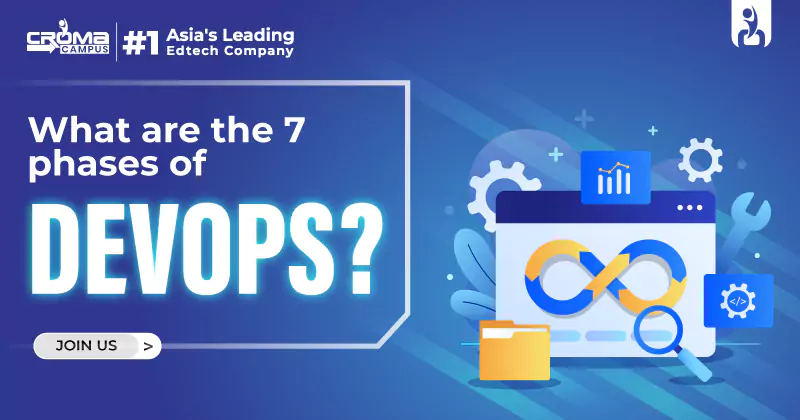
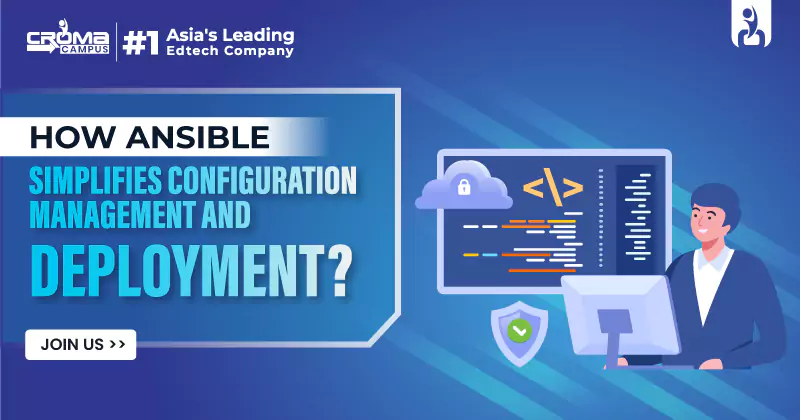
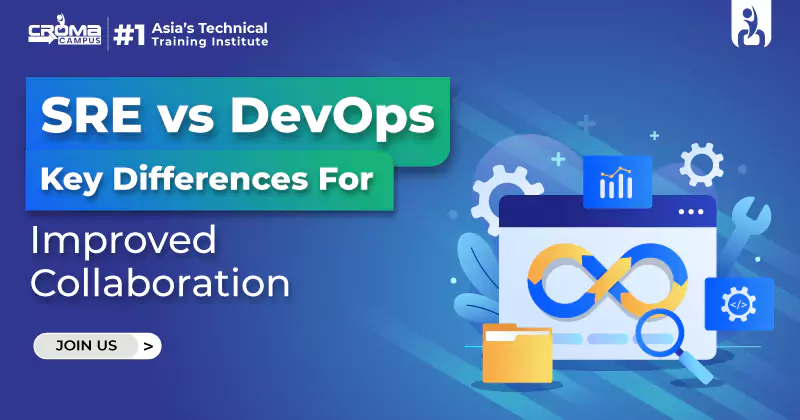
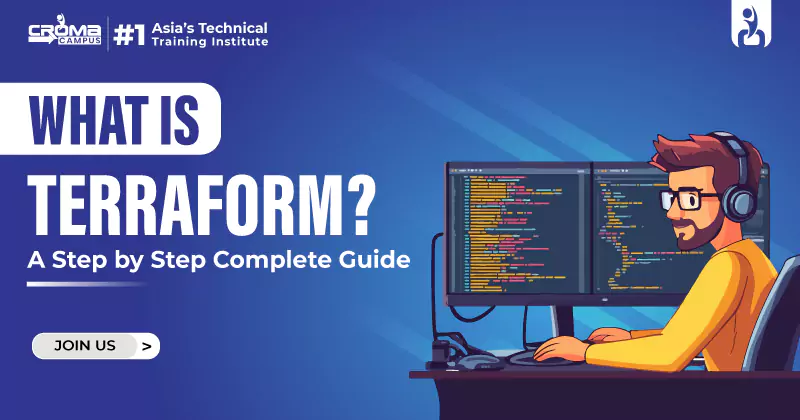
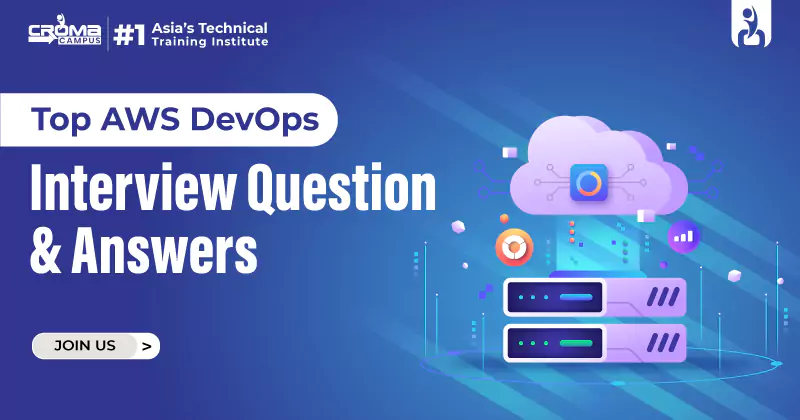
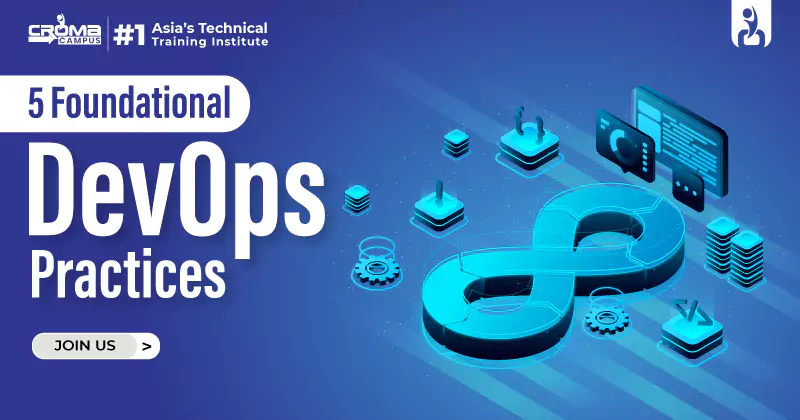
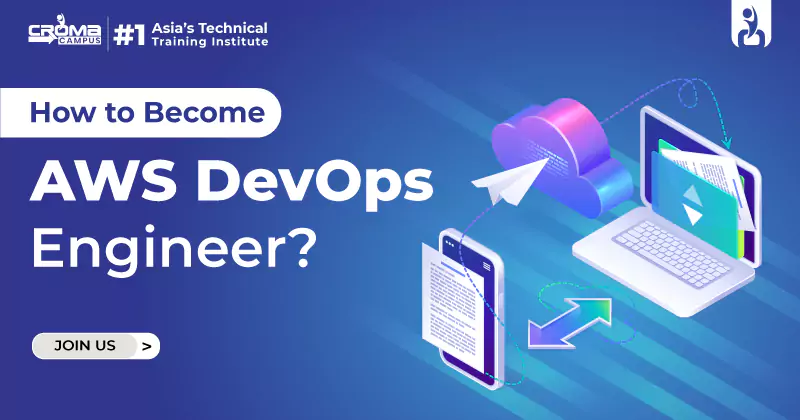
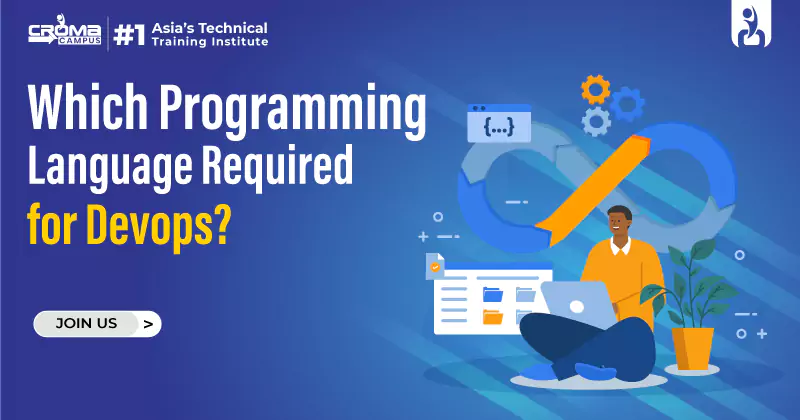
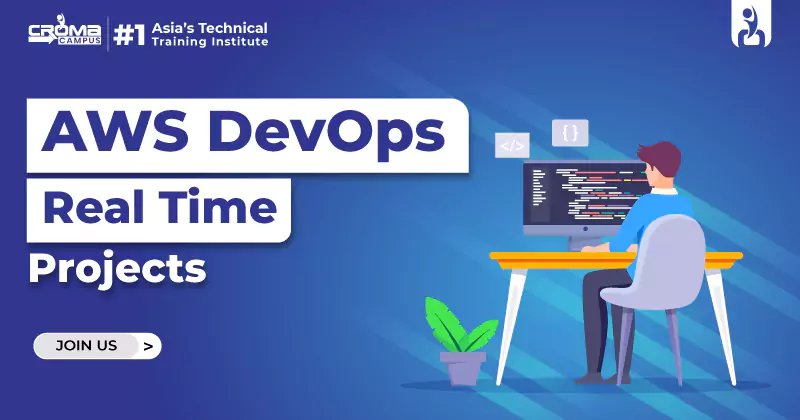
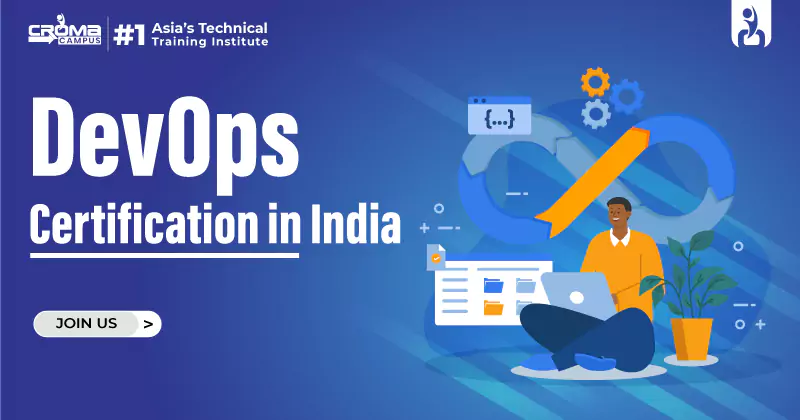
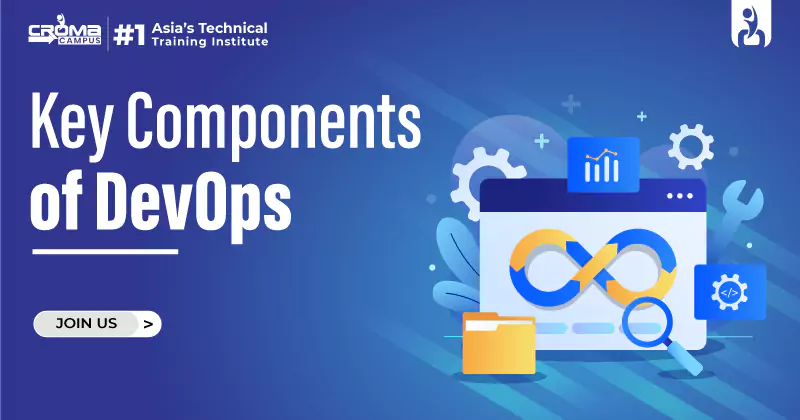
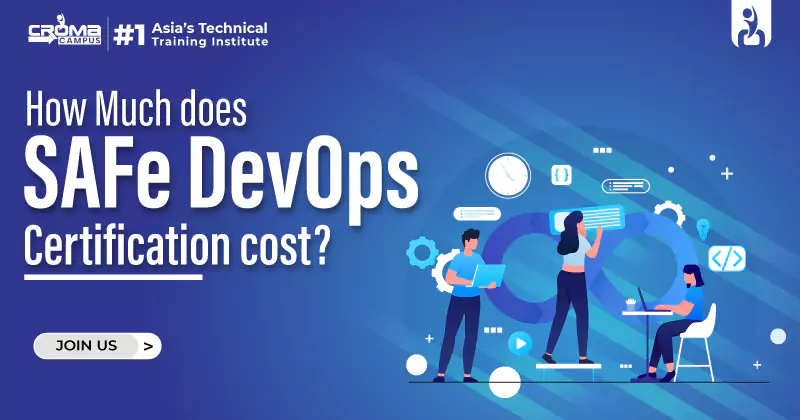










 Master in Cloud Computing Training
Master in Cloud Computing Training